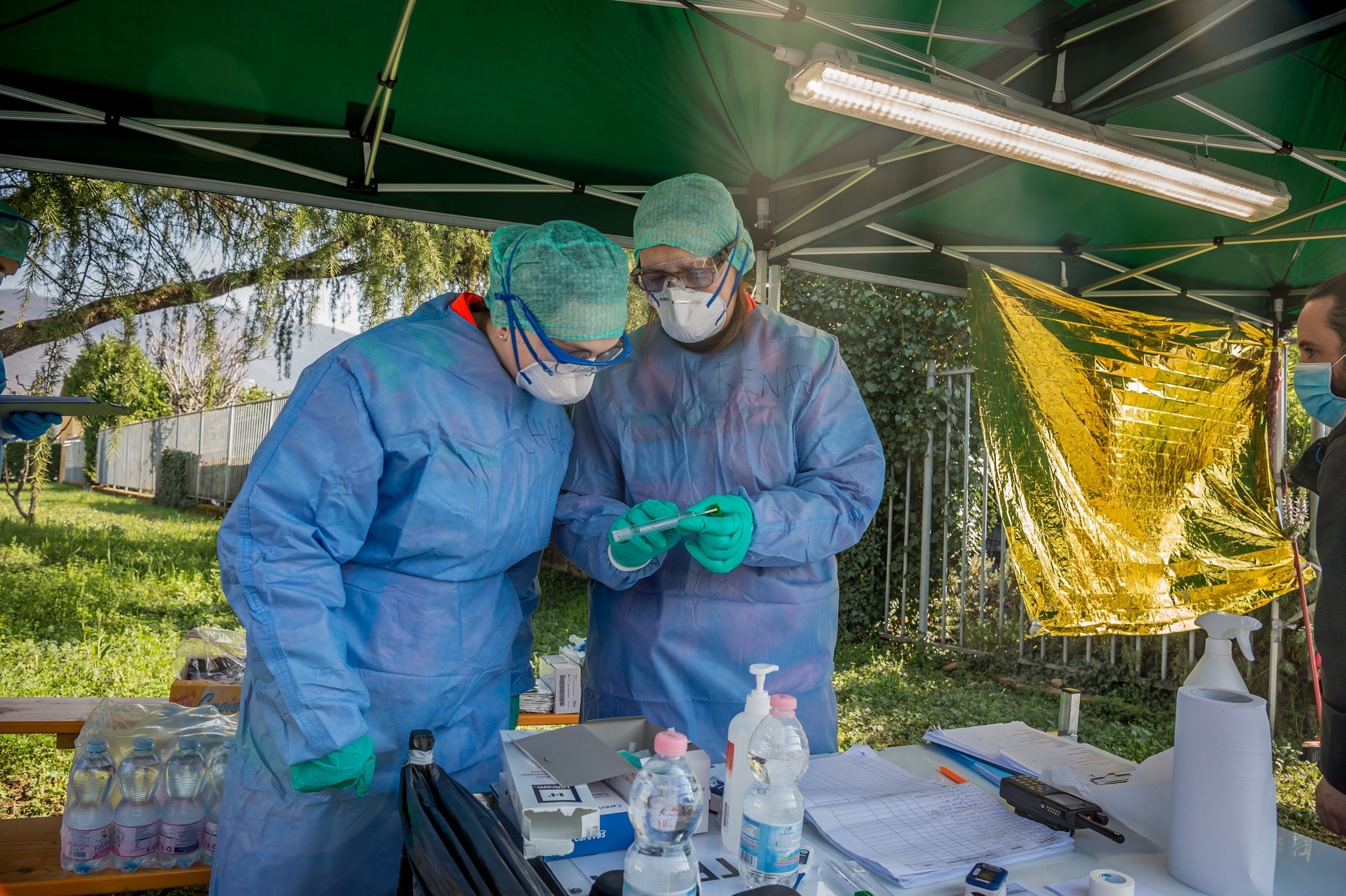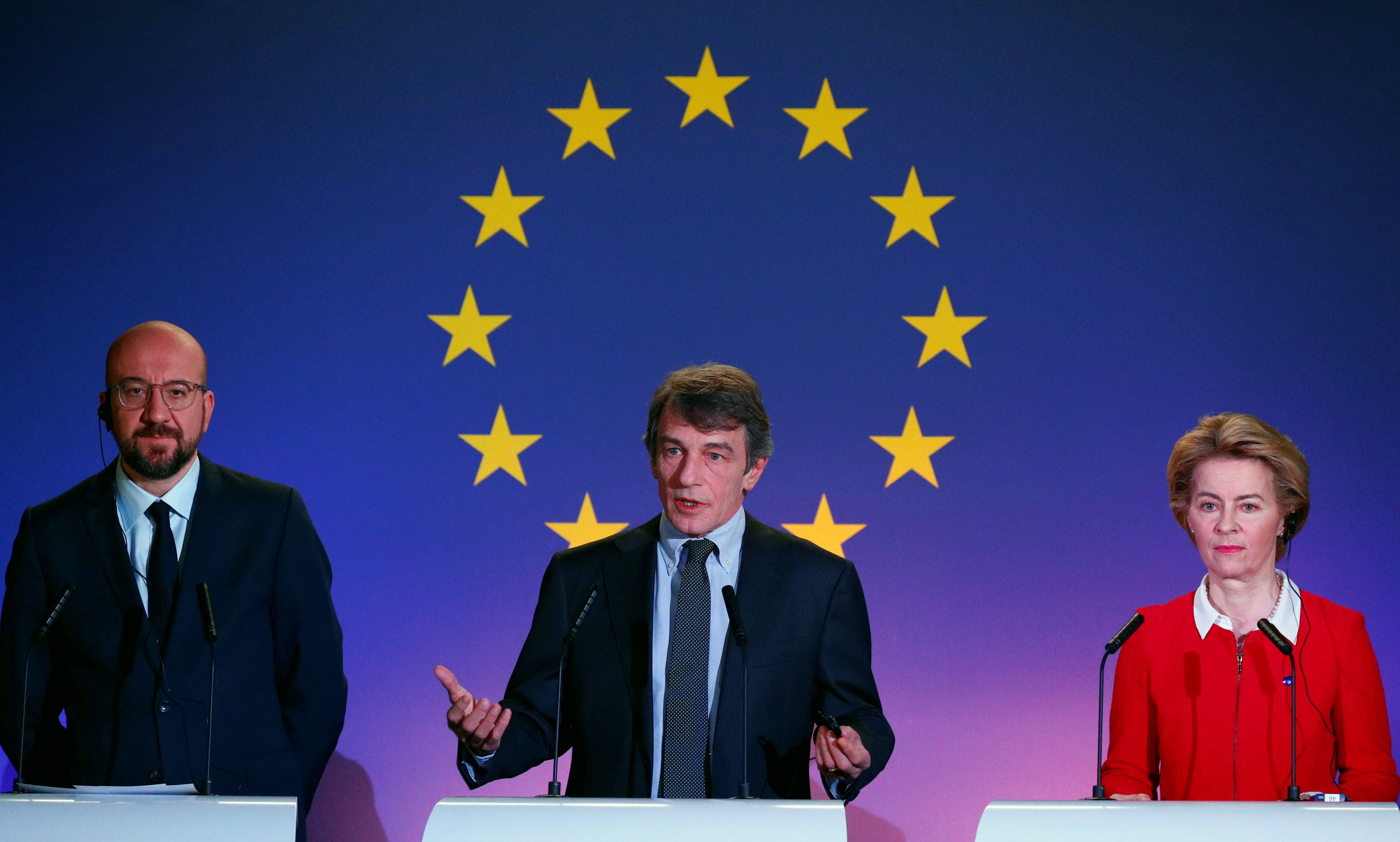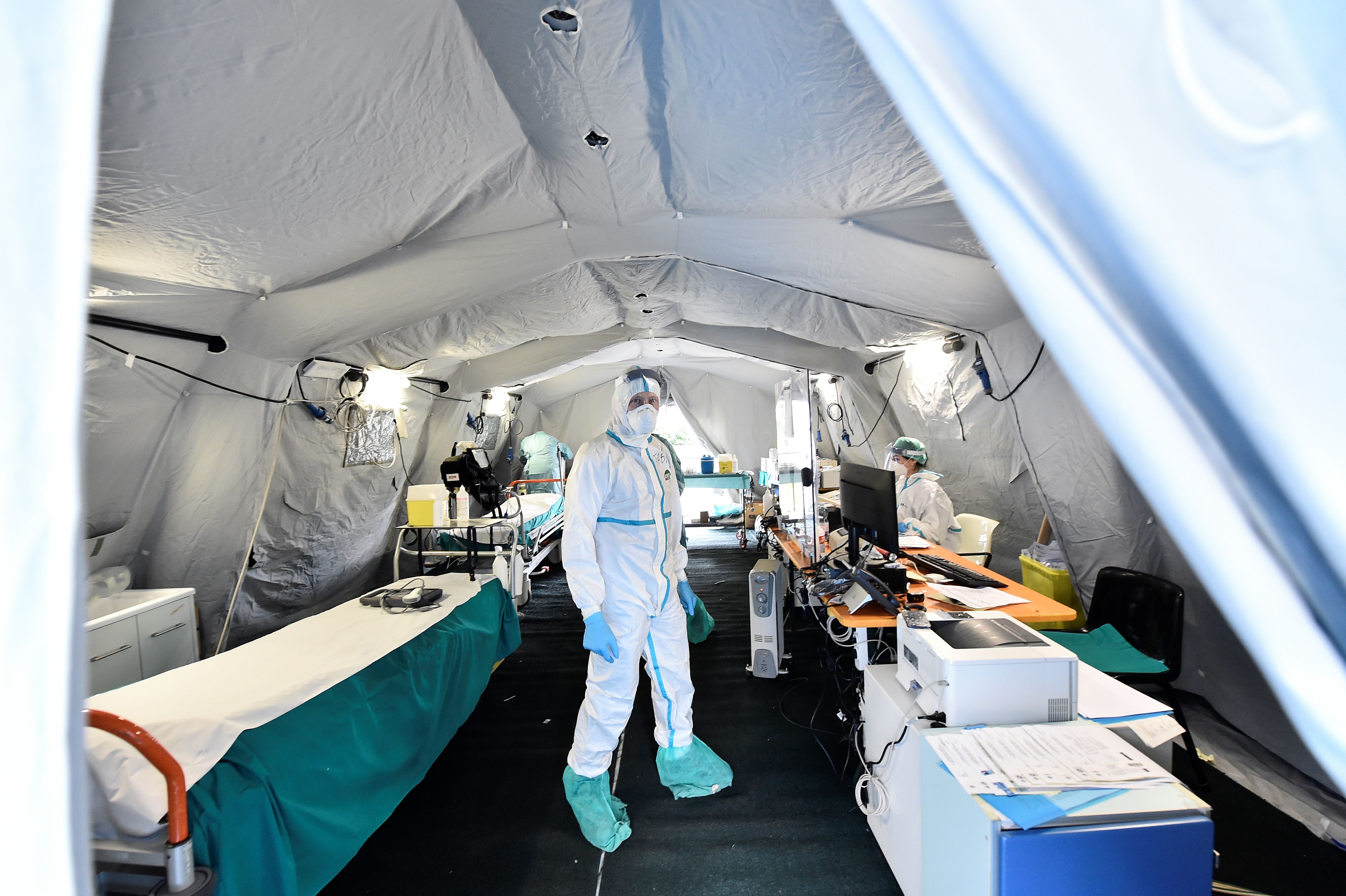EU Response to the Coronavirus Pandemic

Public Health in EU Law
Responsibility for protecting health and, in particular, healthcare systems lies with the Member States. However, based on Art. 168 TFEU, the EU complements national policy. Its activities are primarily focused on improving public health and preventing and halting diseases. The Union supports research into the causes, transmission, and prevention of disease and monitors cross-border health threats, alerting the Member States and encouraging them to work together. An important document regulating the principles of EU support for cooperation between the Member States in the event of an epidemic is the Council Decision of 2013. It establishes an early warning system for health threats, enabling constant communication between the EC and the Member States, as well as the Health Security Committee, whose tasks include coordination (in liaison with the Commission), preparedness, and response planning of the Member States to serious health threats. EU agencies, in particular the European Centre for Disease Prevention and Control (ECDC), also play an important role in the system. The centre is focused on the detection and analysis of potential health threats in the EU, scientific advice, and training.
Covid-19 Developments in the EU
The spread of the coronavirus, SARS-CoV-2 (and the disease caused by it, Covid-19), is a recent addition to the list of potential EU serious health threats. On 7 February, the ECDC director urged the Member States to review their pandemic cooperation plans while assessing that the risk to the EU was low. Most European leaders believed that the epidemic would follow the course of the earlier SARS variant (SARS-CoV), which in 2002-2003 did not significantly extend beyond Asia. However, by the end of February this year, the number of detected cases of the Covid-19-type infection in Europe had started to increase rapidly. On 9 March, reported cases were increasing by more than 2,000 per day, and by 14 March, by more than 6,000.
On 13 March, the World Health Organization recognised Europe as an epicentre in the pandemic. The rapid increase in detected cases in Italy followed a few days later by detections in other countries led tensions between EU members. No Member State responded to Italy’s request to provide medical assistance and supplies for doctors, and some (including France and Germany) even banned selling equipment abroad. Meanwhile, China offered to sell medical equipment to Italy. This situation was presented by Eurosceptic politicians and Russia-backed media as proof of a lack of European solidarity. The Italian government was also disappointed by Austria’s and Slovenia’s restrictions on Italian citizens at their borders. Christine Lagarde, the head of the European Central Bank (ECB), said the bank would not intervene to stop the rising interest rates on Member State bonds. This statement, which Lagarde later apologized for, contributed to a sharp decline in the Milan stock index—by almost 17% in one day.
Union Reaction
On 10 March, the EC along with the president of the European Council urged the Member States to coordinate their actions. They argued that closer cooperation would not only enable them to fight the spread of the virus more effectively but also eliminate instances of some Member States taking decisions without consulting the others. To this end, the EC initiated daily teleconferences of health and interior ministers. EC President Ursula von der Leyen appealed for cooperation in the production and use of medicines and protective equipment and declared that the EC would evaluate essential stocks and availability. Following the EC’s intervention, the Member States renounced measures limiting exports of medical products urgently needed by other members. The EC president also proposed limiting foreigners’ right to enter the EU for 30 days as a way to convince Member States to reduce controls on their internal borders, which, according to the EC, disturb supply chains.
On 13 March, von der Leyen declared that the EC would do whatever is necessary to support Europeans and Europe’s economy. The EC also will allow the Member States to use up to €37 billion in cohesion funds not yet allocated to finance health-related expenditures and to support firms and employees who have lost income. For Poland, the largest single recipient of structural funds, the amount available is €7.4 billion. In addition, the EC wants to free up nearly a billion euros from the European Solidarity Fund and the Globalisation Adjustment Fund. Combining money from the Horizon 2020 programme and contributions from the private sector, the EC aims to mobilise €140 million to support research into vaccines, diagnosis, and treatment. It also offered to guarantee a loan of €80 million from the European Investment Bank to a German company, CureVac, that is working on a vaccine.
Von der Leyen emphasized that EU fiscal rules contain clauses that, in emergencies, grant the Member States considerable leeway in applying austerity policy. The EC will also more loosely interpret state aid rules to enable the states to support companies suffering losses due to the pandemic. The ECB announced an additional €120 billion will be devoted to asset-buying to ensure liquidity.
The EU is also tackling the spread of fake news about the pandemic. The Union’s task force responsible for combatting disinformation warned that Russia is trying to use disease-related issues to broadcast conflicting messages. Incomplete or entirely wrong information is circulating on the internet about the origin of the virus, cures, and actions undertaken to fight the pandemic.
Conclusions and Prospects
Stunned by the quick spread of the disease, the Member States and EU institutions acted belatedly. The Member States’ uncoordinated approach and different strategies adopted to stop the virus created an impression of chaos within the EU. The escalation of discord and accusations against each other of a lack of solidarity and “exporting” the virus could weaken European citizens’ identification with the community. Blaming the EU for a lack of reaction is groundless, however, given the bloc’s limited competences in this policy area.
The developments could provoke a discussion about granting the EU more powers in the area of health. Such a move was advocated in an open letter signed by politicians, business people, and civil society representatives. It suggested changing the treaty and including health among the policy areas in which states share competences with the EU and where ordinary legislative procedure applies. Therefore, they called for transforming the planned Conference on the Future of Europe into a genuine constitutional convention that would prepare a proposal for treaty change.
The pandemic will affect the ongoing negotiations of the multiannual financial framework. The EC is likely to propose the creation of a large fund devoted to propping up the economy. This will entail cuts in other areas, even if the net payers change their position and accept a budget that is larger than 1% of the Union’s gross national income. Given the necessity to provide a quick boost to the economy after the pandemic, the Member States and industry lobbies will probably press for lessening the climate and environmental requirements in the Union’s Green Deal. As EU institutions and the Member States focus on fighting the coronavirus, the implementation of other projects, such as digital strategy or a coherent response to the growing migration challenge, is likely to be delayed.






